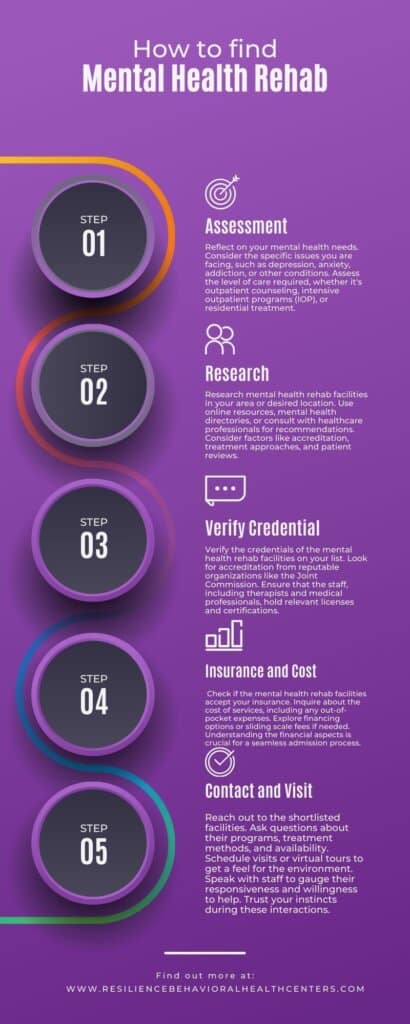Breaking the Stigma: The Role of Community Support in Mental Health Rehab
When you think about a mental health rehab in Massachusetts, what picture comes to mind? Is it just filled with doctors wearing white coats, patients waiting in the lobby, and 1-on-1 therapeutic sessions being conducted in not-so-brightly lit rooms? Well, my friend, you might be picturing a cliché.
In the world of mental health, no one walks alone; we walk together, hand in hand, towards brighter and more compassionate horizons.
Beyond the clinical walls and therapeutic sessions, in this blog, we will celebrate the unsung heroes. Who exactly are they? Friends, family, and communities who serve as pillars of strength in the face of mental health challenges.
What’s More To Mental Health Rehab Beyond The “Clinical Walls”
The Power of Shared Understanding
In mental health rehab in Massachusetts, community support is powerful, offering a shared understanding that transcends stigmas and misconceptions. This motivates individuals to express their struggles without fear of judgment, fostering an environment that promotes openness and empathy.
Studies have shown that people with social connections are less likely to experience anxiety and depression.
Family Dynamics and Support
The role of family in mental health rehabilitation is profound. Families provide a crucial support network, offering love, understanding, and practical assistance. They act as anchors during turbulent times, standing beside individuals through the highs and lows of the recovery journey.
Friendship and Peer Support
The power of friendship and peer support cannot be overstated in mental health rehab. Friends and peers often share unique insights, having experienced similar challenges. Peer support groups, both formal and informal, provide spaces for individuals to share coping strategies, triumphs, and setbacks.
Online Communities and Digital Support
In the digital age, online communities play a significant role in mental health support. Social media platforms, forums, and online groups provide spaces for individuals to connect, share experiences, and access information.
Community Programs and Initiatives
Beyond personal relationships, communities often organize programs and initiatives that contribute to mental health support. From awareness campaigns to local resources, we explore how communities actively foster mental well-being.
Moreover, support groups reduce stigma, increase access to help, and create environments where individuals feel seen, heard, and supported.

Final Words
In concluding this exploration, let’s acknowledge that the path to mental health doesn’t end with treatment—it extends into the heart of our communities. Together, we build bridges of understanding, compassion, and support, breaking down the barriers perpetuating stigma.

